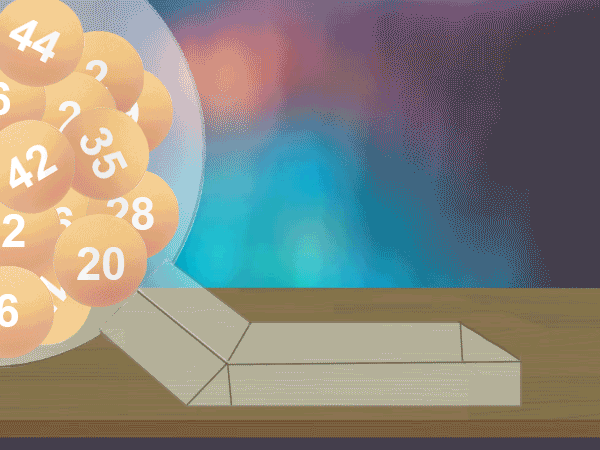
The Lottery is a form of gambling that involves drawing numbers to determine a prize. It is a popular activity in many countries. Some people play the lottery for fun while others believe that winning the lottery will change their lives. The lottery can be a fun way to spend money but it is important to know the rules of the game before playing.
The word “lottery” comes from the Latin root lotio, meaning fate or fortune. The casting of lots to determine events and fates has a long history in human culture, with several examples in the Bible. More recently, however, the lottery has been used as a source of revenue for government programs. In the United States, state governments use lotteries to provide revenue that they formerly obtained through sin taxes and income taxes. These revenues allow state officials to reduce the overall burden on their constituents by lowering or eliminating income taxes and sin taxes.
While some argue that the lottery is a good way to raise money for public services, critics say that it has a regressive impact on low-income families and is a poor substitute for income tax reduction. In addition, the lottery is associated with a number of negative social impacts, including compulsive gambling and unrealistic expectations. It also encourages magical thinking and a sense of hopelessness.
Most Americans are familiar with the idea of a big jackpot that can be won in a drawing. Lotteries are advertised on TV, radio, and the internet and attract a wide range of players. One study found that 50 percent of Americans purchase a ticket at least once a year. This group is disproportionately lower-income, less educated, nonwhite, and male. Moreover, this group tends to spend a greater percentage of their income on tickets than other groups.
Historically, the prizes of the lottery have been of unequal value. In some cases, the prizes have been items that are of limited value, such as dinnerware or clothing. In other cases, the prizes have been more valuable, such as automobiles and real estate. These types of prizes are often admonished by religious authorities because they are a violation of the biblical command to “not covet” the possessions of one’s neighbors (Exodus 20:17; 1 Timothy 6:10).
The lottery’s biggest attraction is its promise of instant riches in a time when many Americans have limited financial mobility. In addition to its high marketing costs, the lottery is a major contributor to the ever-growing inequality that divides our country. It is a perfect example of an arrangement that combines public policy and market forces that is inherently problematic. The result is that governments at all levels are dependent on the lottery and are under constant pressure to increase its revenue. This is not a recipe for democratic governance. The result is that the interests of the state are subordinated to the interests of a few million gamblers.